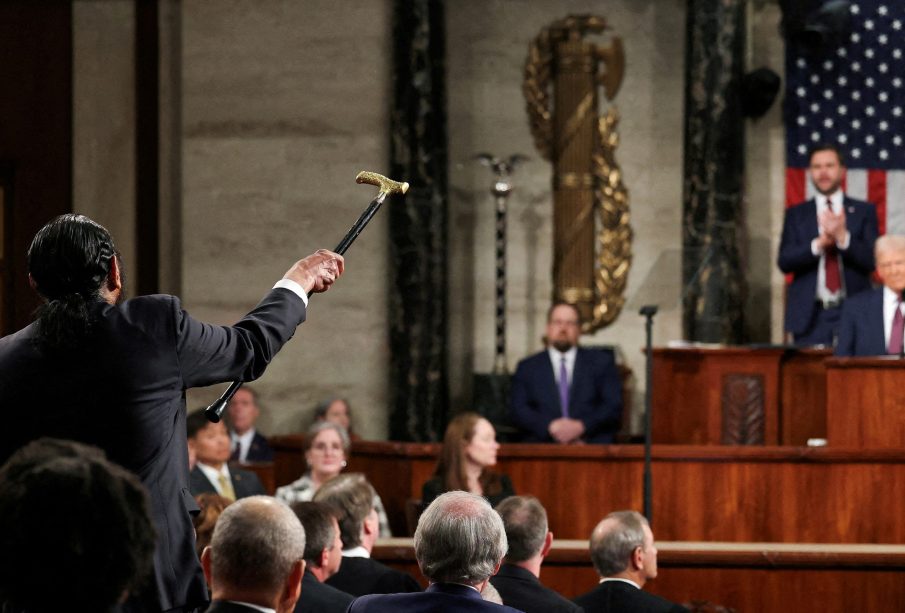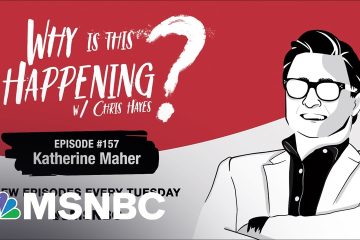Understanding Censure in Congress: Meaning and Implications

Introduction to Censure in Congress
Censure is a formal reprimand or condemnation of a member of Congress for inappropriate behavior or actions. This action serves as a significant tool for maintaining ethical standards within the legislative body. Understanding what censure means in Congress is critical for grasping the nuances of political accountability in the United States.
The Process and Significance of Censure
Censure is not a legal punishment but rather a symbolic gesture aimed at holding lawmakers accountable. The process begins when a member of Congress or a committee introduces a resolution calling for censure, which must then pass a vote in either the House of Representatives or the Senate. A censure can result from multiple violations such as unethical conduct, violation of rules, or controversial statements.
The implications of censure are significant. While it does not remove a member from office or hold legal consequences, it tarnishes the individual’s reputation and political career, often hindering their effectiveness. In recent years, there have been several high-profile cases of congressional censure which underscore its impact on U.S. politics.
Recent Events Related to Censure
For example, in 2021, Rep. Paul Gosar was censured by the House of Representatives for posting an animated video that depicted violence against Rep. Alexandria Ocasio-Cortez. The censure indicated a strong disapproval of his actions, as it had not happened since 2010. Furthermore, it illustrated the increasingly polarized environment in Congress, where censor actions can serve as both a form of disciplinary measure and a means for party leaders to assert their influence.
More recently, there have been discussions regarding the potential censure of other members based on various ethical and behavioral issues, highlighting that Congress is actively trying to uphold standards of accountability even amid partisan divisions.
Conclusion: Censure’s Role in Congressional Ethics
Censure plays an essential role in congressional ethics and accountability, serving as a reminder of the responsibilities held by elected officials. While it lacks punitive power, its ability to publicly chastise and impact a legislator’s career is notable. As political dynamics continue to evolve in the United States, observers will likely witness ongoing instances of censure, reflecting broader trends in governance and public expectations.









